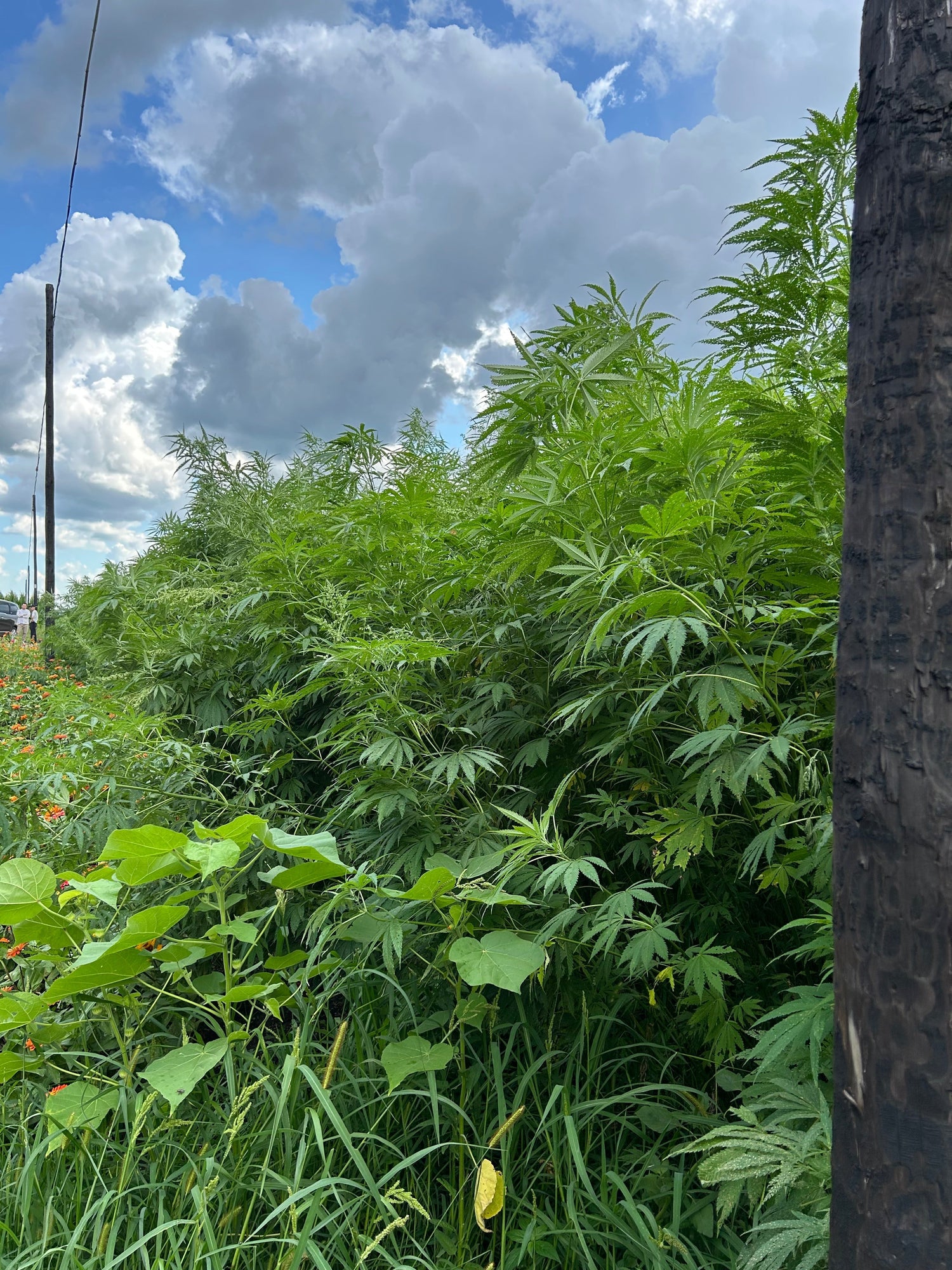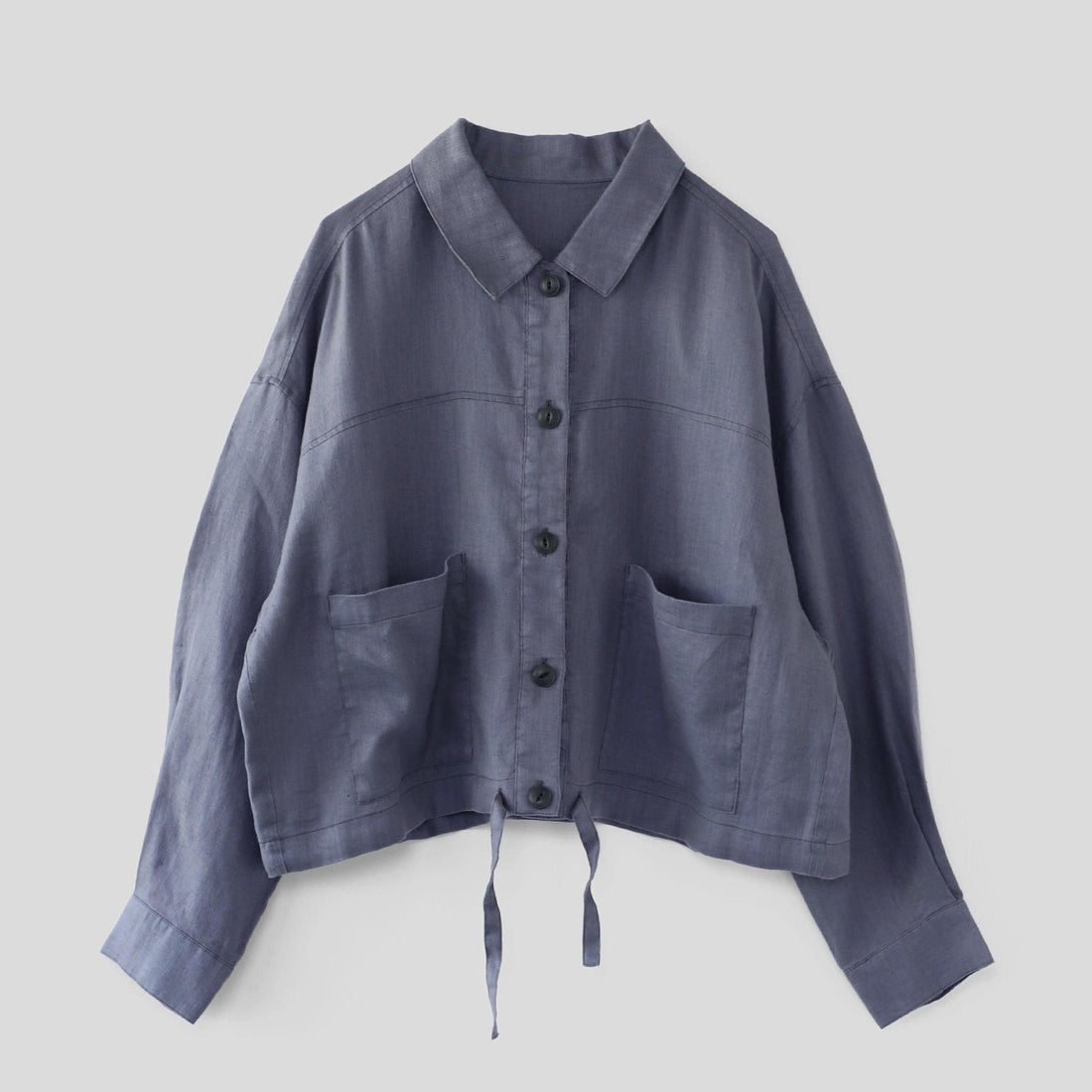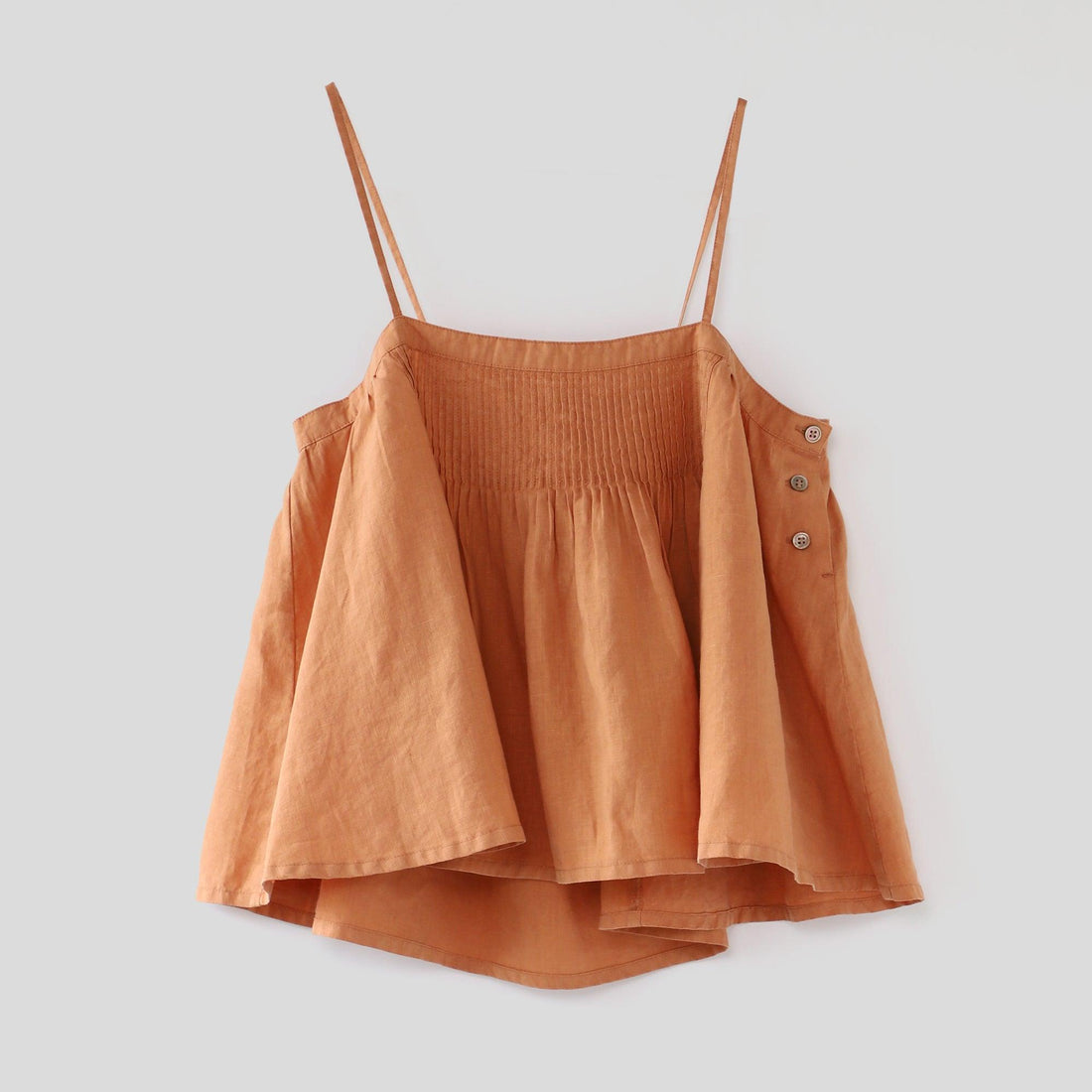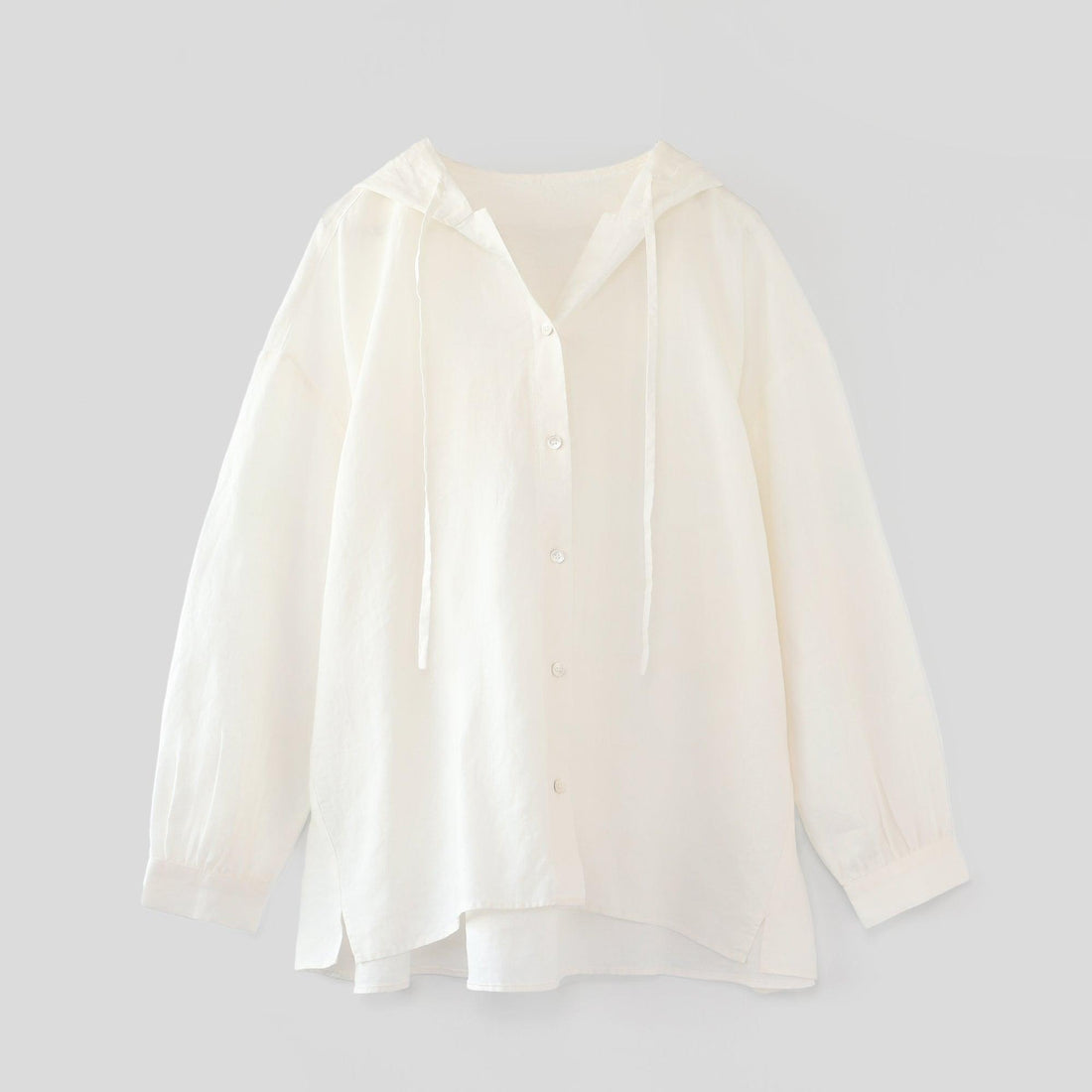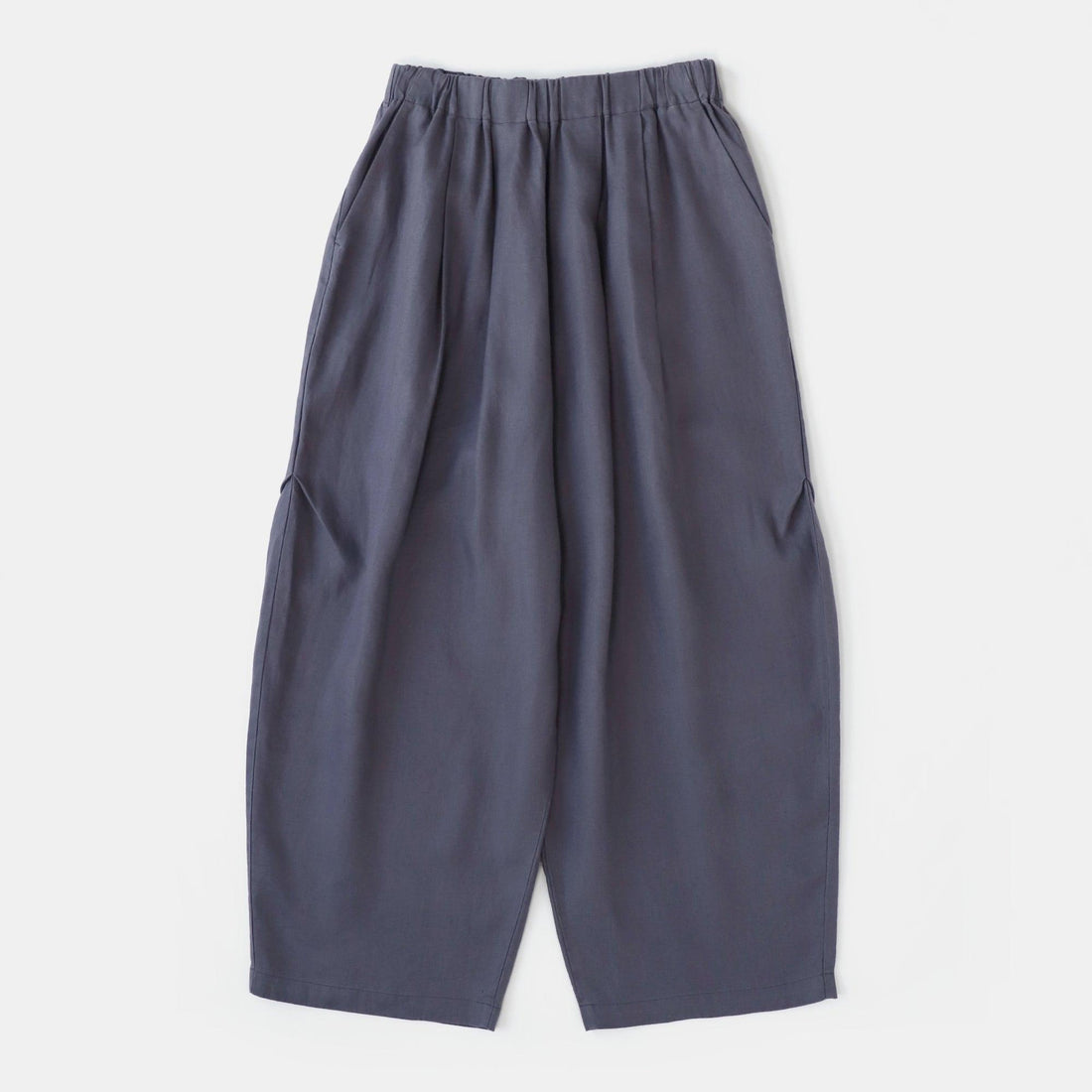" HYPERBEAST " magazine
" When It Comes to Sustainability, Hemp Is The Fabric of Fashion's Future "
(Hemp is the future of fashion fabric in terms of sustainability: 2019 English article)
Here are some important points from the article. Part 3, the final installment.
The opening of hemp cultivation in the United States in 2018 aims to expand the usefulness of hemp while clarifying past history (see Part 2).
But " consumers generally know very little about the crop," explains Sarah Hayes, Patagonia's director of materials development. "A significant percentage of the public doesn't know the difference between industrial hemp and marijuana, and they frequently confuse the two . " 
-The lack of marketing by big brands and public access to data and information on hemp use exacerbates the information gap.
- By clearly indicating that you use hemp, your brand may be exposed to criticism and may be seen as dishonest if you do not follow sustainable practices.
Instagram, Twitter, and Facebook restrictions on cannabis-related businesses and products prevent brands from using these social media business tools to reach new audiences. At the same time, organizations like Cotton INC are successfully lobbying for extremely high tariffs on Americans who "import anything other than cotton."
- Small-scale farmers in the United States are always dependent on their relationship with "seed monopolies" (represented by Monsanto). This means that such companies could potentially monopolize the seed market, even in hemp farming. This could be a risk for the fashion industry.

Commentary: This article contains a lot of information. If you want to know more, please read the original article (there is a lot more that was not mentioned).
"When It Comes to Sustainability, Hemp Is The Fabric of Fashion's Future"
To conclude this article, the following passage makes a lasting impression:
Yes, hemp could remedy cotton's problems, but this is a small piece of a larger convoluted problem.
Hemp may indeed solve the cotton problem, but it's only a small piece of a complex (environmental, economic, etc.) problem.
But that also means placing the Earth's wellness over profit.
But it also means prioritizing the health of the planet over profits.
(completed)
Weavearth supports the legal "separation" of marijuana (high THC content) and industrial hemp, and the promotion of the cultivation of the latter, industrial hemp (THC content 0.3% or less), in order to utilize it in both new agricultural and industrial sectors.

